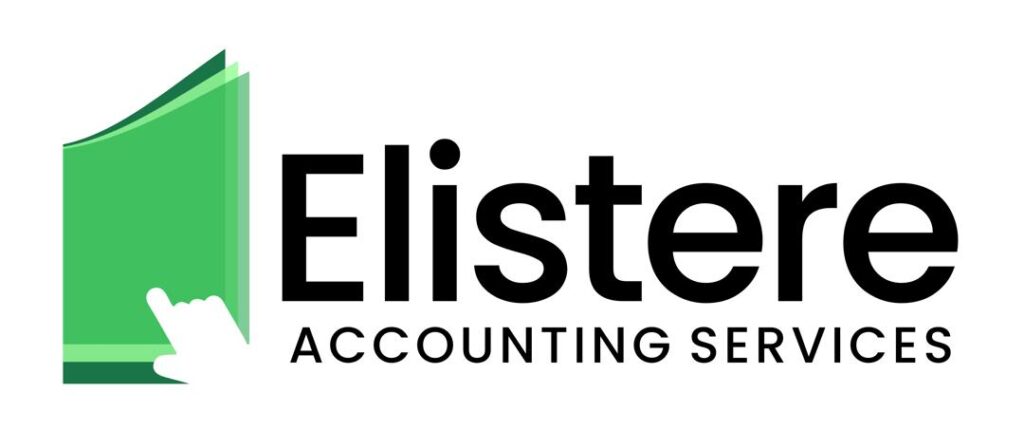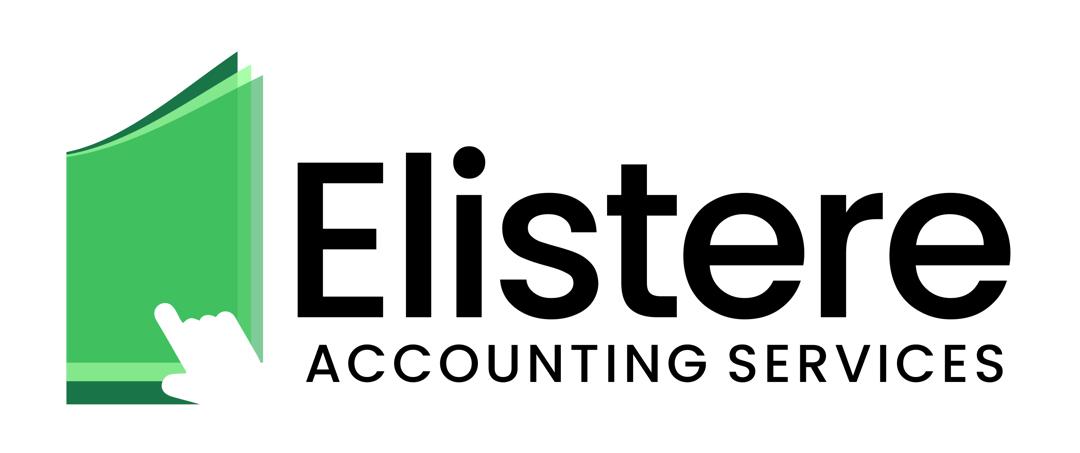Charitable organizations play a crucial role in addressing societal issues and supporting vulnerable populations. However, to effectively carry out their missions, charities must manage their finances responsibly and transparently. In the United Kingdom, the Charity Commission serves as the regulatory authority overseeing charitable organizations, ensuring compliance with legal and financial requirements. Managing charity finances in accordance with Charity Commission guidelines is essential for maintaining public trust and maximizing impact. This article aims to provide a comprehensive guide to managing charity finances in line with the standards set by the UK Charity Commission.
- Understanding Legal Obligations:
- Charities in the UK are subject to specific legal obligations outlined in the Charities Act 2011 and other relevant legislation.
- It is essential for charity trustees and financial managers to familiarize themselves with these laws to ensure compliance.
- Key legal obligations include financial reporting, accounting standards, and transparency requirements.
- Financial Reporting and Accountability:
- Charities must prepare annual financial statements that provide a clear and accurate overview of their financial activities.
- Financial reports should adhere to the Statement of Recommended Practice (SORP) for Charities, which provides guidelines for financial reporting within the charitable sector.
- Transparency and accountability are paramount, with charities required to make their financial information readily available to stakeholders, including donors, beneficiaries, and the general public.
- Budgeting and Financial Planning:
- Developing a comprehensive budget is essential for effective financial management.
- Charities should allocate resources strategically to support their mission and achieve their objectives.
- Regular financial planning ensures that charities can anticipate and address potential financial challenges while maximizing the impact of their resources.
- Financial Controls and Risk Management:
- Implementing robust financial controls is crucial for preventing fraud, mismanagement, and financial irregularities.
- Charities should establish clear policies and procedures for financial transactions, including approvals, authorization limits, and segregation of duties.
- Risk management strategies help charities identify and mitigate potential financial risks, safeguarding their assets and reputation.
- Fundraising and Donor Stewardship:
- Charities rely on fundraising to generate revenue and support their activities.
- Fundraising efforts should be conducted ethically and transparently, adhering to the Fundraising Code of Practice established by the Fundraising Regulator.
- Donor stewardship is essential for maintaining strong relationships with supporters, fostering trust, and encouraging ongoing support.
- Compliance and Governance:
- Charity trustees are responsible for ensuring compliance with all relevant regulations and guidelines.
- Effective governance structures, including a skilled and diverse board of trustees, are essential for overseeing financial management and decision-making.
- Regular reviews and audits help charities assess their financial performance and identify areas for improvement.
Managing charity finances in accordance with the guidelines established by the UK Charity Commission is essential for maintaining trust, accountability, and effectiveness. By adhering to legal obligations, implementing robust financial practices, and prioritizing transparency, charities can maximize their impact and fulfill their missions more effectively. With proper financial management, charitable organizations can continue to make a positive difference in the lives of those they serve.




